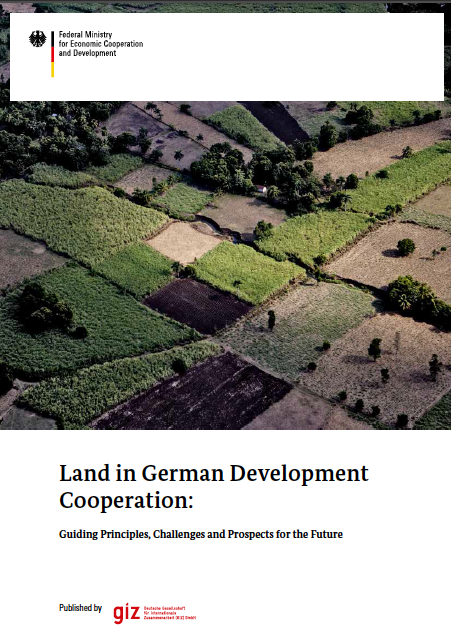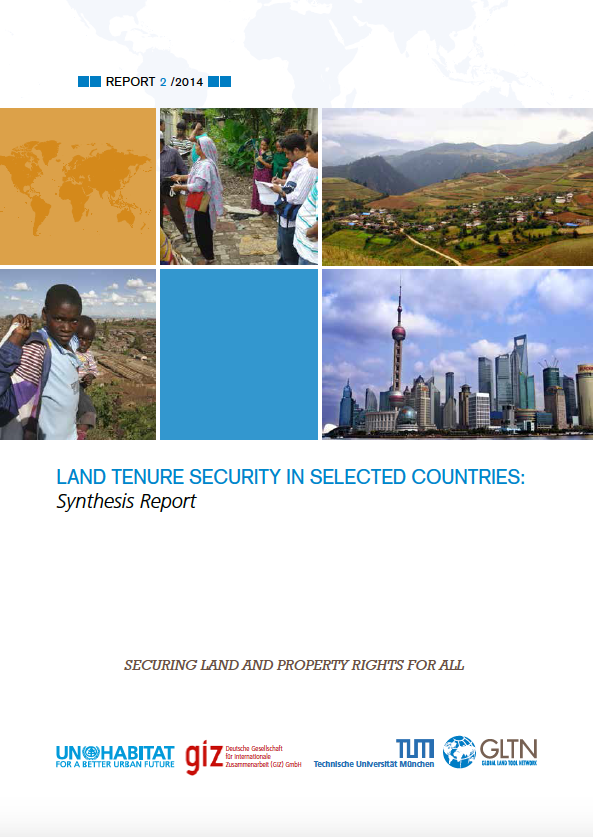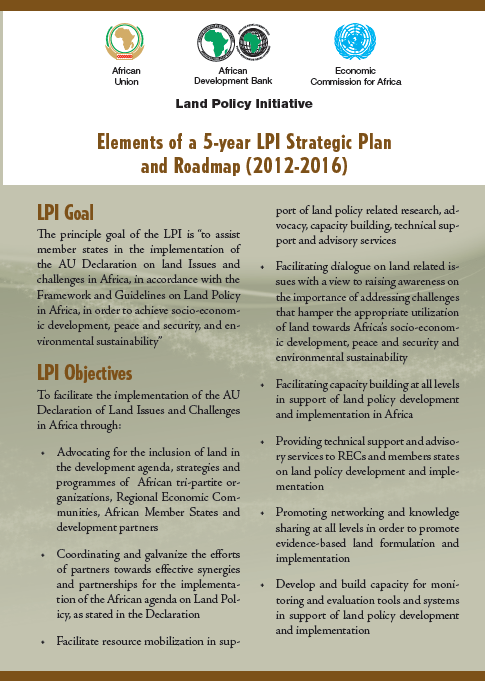The Impacts of Land Dispossession on Indigenous Women
This briefing paper is an outcome of the project "Strengthening the Documentation and Advocacy Capacity of Indigenous Women for the Advancement of their Rights and Welfare on Land" implemented in Cambodia, India and Indonesia in 2013-2014.








